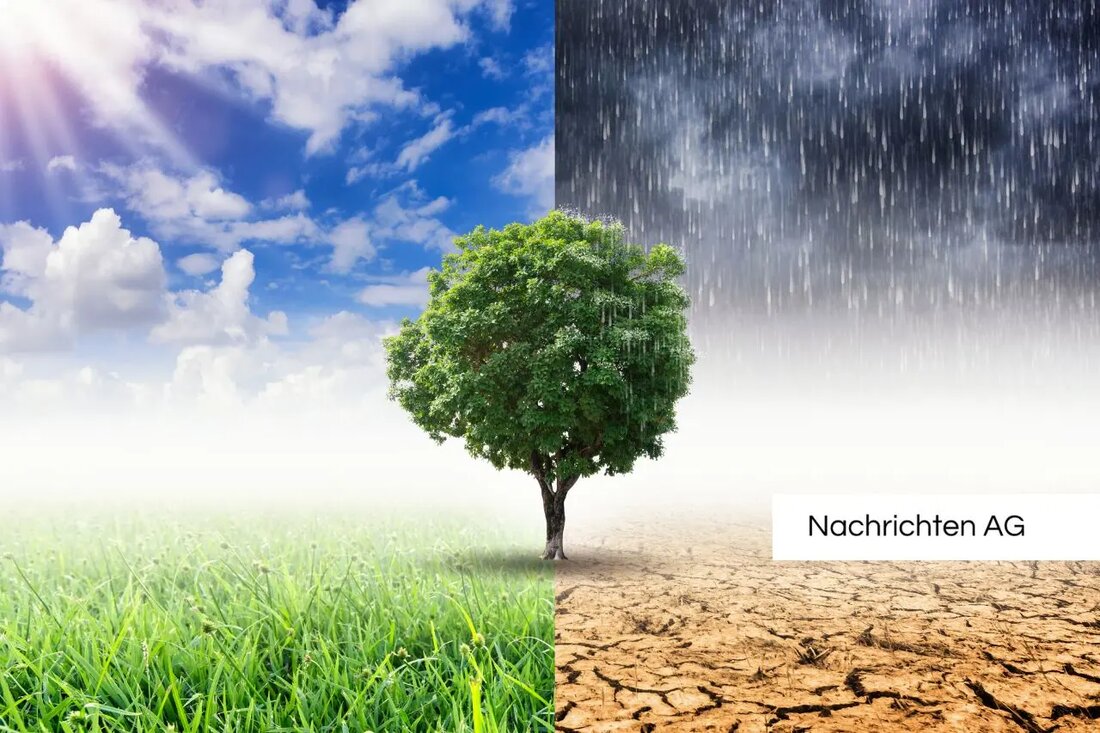Sustainable mobility: Lecture reveals secrets of a car -free life!

Sustainable mobility: Lecture reveals secrets of a car -free life!
On Thursday, January 30, 2025, the Heimatverein Gusterath e. V. for an revealing lecture on sustainable mobility. The venue is the Evangelical parish hall in Gusterath, and the beginning is scheduled for 7 p.m. The Gusterather director and film producer Karsten Müller will present his experiences with various alternative locomotion options and show how a car -free life can succeed in everyday life and when traveling. He addresses the use of cargo bikes and back wheels. Wochenspiegel Live reports that Müller emphasizes, as also possible, but also possible, but also possible is practical.
The lecture is accompanied by a film screening. The bike tour around the Swedish island of Gotland is documented in an impressive strip. Another speaker that evening is Gert Weber, who will give an insight into his car -free life. The target group includes all interested parties in sustainable mobility and alternative transport options. Participation in the event is free of charge, and the organizers expect a stimulating discussion after the lecture.
background for sustainable mobility
Sustainable mobility is an increasingly important topic, especially in the context of the climate crisis. In 2019, the traffic sector in Germany emblazoned 165 million tons of CO2, which corresponds to almost the 1990 level. The emissions from the traffic make up a fifth of the entire energy-related greenhouse gas emissions in Germany. Federal Central for Political Education CO2 emissions in 2022 slightly climbed to 148 million tons, which significantly missed the legally defined annual goals. In order to achieve the climate goals, a decline to only 85 million tons of CO2 is necessary by 2030, which corresponds to almost halving the emissions within a decade.
The Federal Government plans various measures to reduce emissions. This includes the national bicycle traffic plan, which is intended to promote the expansion of cycling fasting and municipal bicycle paths. In addition, the Federal Transport Infrastructure Plan provides investments of 133 billion euros for road construction, while the rail expansion should benefit 112 billion euros. These investments are part of a comprehensive approach to make mobility more sustainable in Germany and to increase the proportion of electromobility and other alternative drive types. Fraunhofer ISE
challenges and outlook
Despite the progress, there are still considerable challenges. Electrical and hybrid vehicles have obtained in market share, but the specific fuel consumption of cars remains higher than the test consumption. The principle of short distances, car sharing and the expansion of local public transport are just a few of the measures that are urgently necessary to achieve a profound transformation of the mobility industry and to realize the climate goals. Technical innovations and new scientific approaches will be necessary to successfully master the challenges of sustainability in traffic.
| Details | |
|---|---|
| Quellen | |
